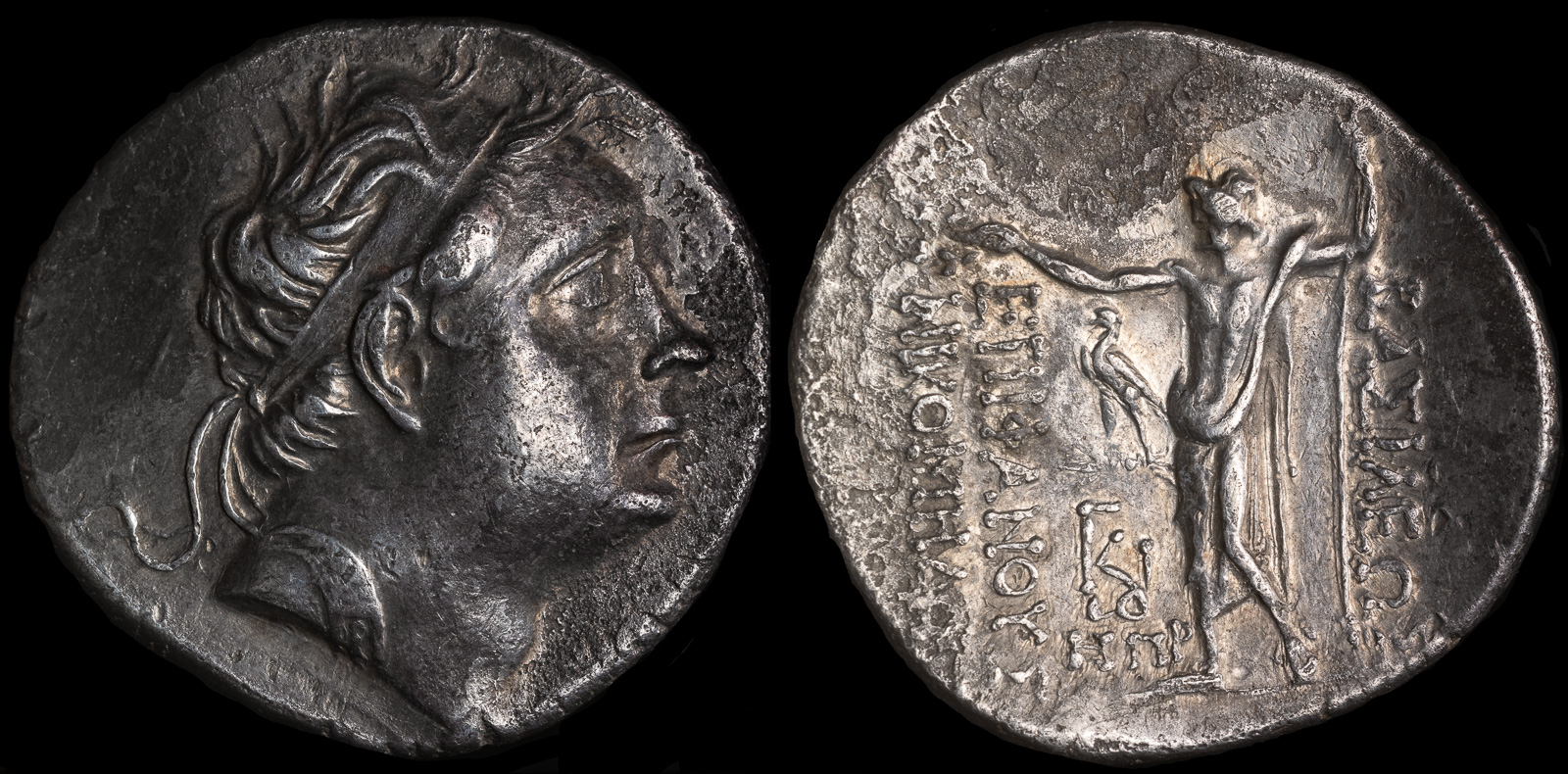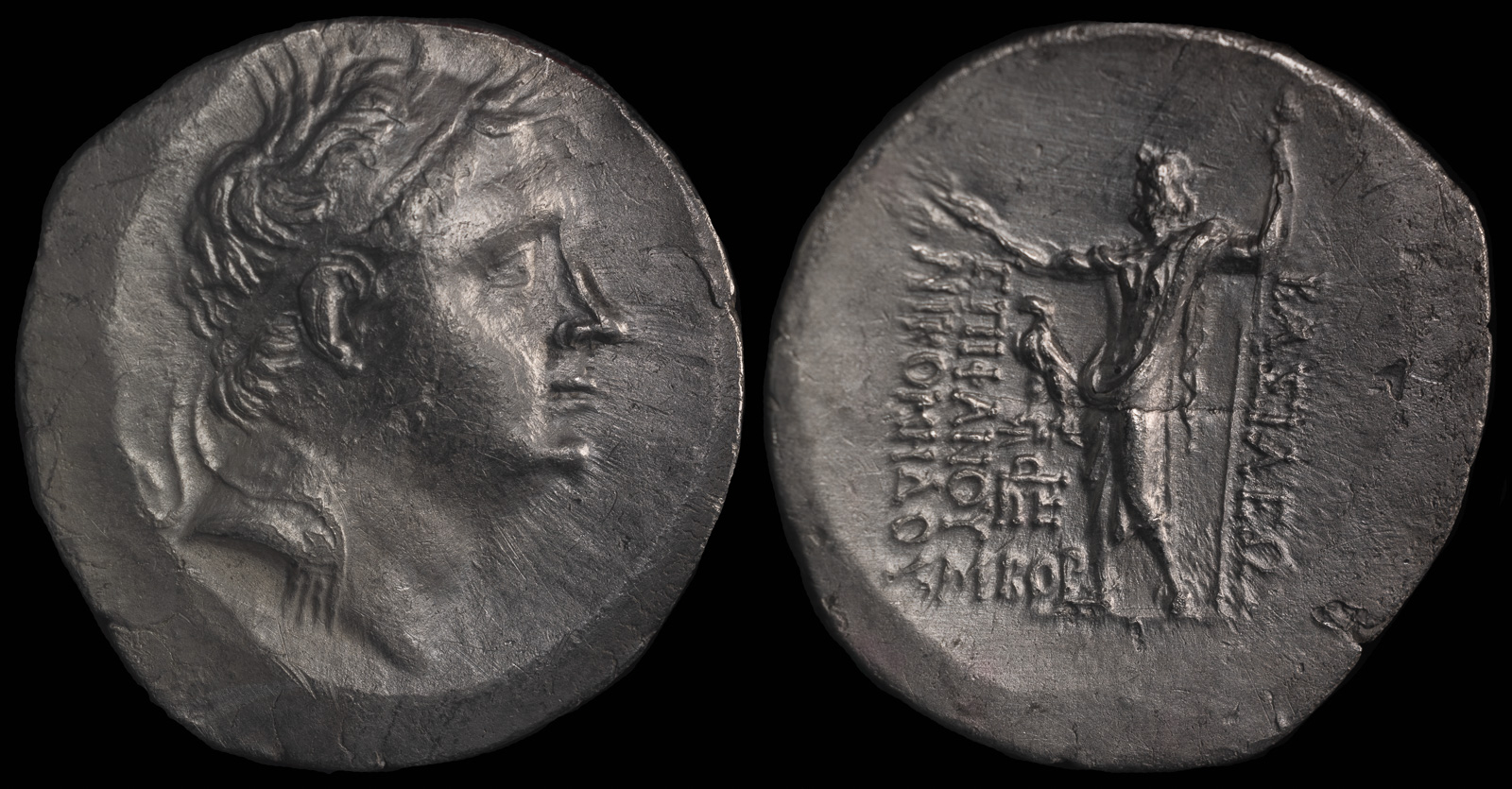Stephanophoros
View All Tags
In ancient Greece, the crown or wreath was an important symbol of honor, victory, and divine approval, often awarded to victors in athletic competitions, military leaders, or celebrated citizens. The use of the Stephanophoros epithet for Zeus indicates his role as a protector and bestower of these honors, linking him directly to concepts of victory and excellence. As the ultimate god, Zeus’ crown would signify his leadership over all other gods and his role in maintaining cosmic and societal order.
The Stephanophoros title was especially significant in the context of religious rituals and iconography. In some representations, Zeus was depicted wearing a crown, symbolizing his sovereignty and his role as the protector of both heaven and earth. This depiction served not only to emphasize his authority but also to link Zeus to the cultural values of the Greek people, who revered those who led with justice and upheld the balance between the gods and humans.

Kingdom of Bithynia, Nikomedes II Epiphanes
Dated BE 188 = 110/9 BCE
AR Tetradrachm 16.35g, 33mm, 12h.
Diademed head to right
Zeus Stephanophoros standing to left, holding wreath and sceptre; BAΣIΛEΩΣ to right, EΠIΦANOYΣ NIKOMHΔOY to left, eagle on thunderbolt over monogram above HΠP (date) to inner left.
RG 40 (date and monogram combination not listed); DCA 444; HGC 7, 642.

Kings of Bithynia. Nikomedeia. Nikomedes III Euergetes
Dated BE 172 = 126/5 BCE
AR Tetradrachm 36 mm, 15,94 g
Obv: Diademed head of Nikomedes III
Rev: BAΣIΛEΩΣ / EΠIΦANOΥΣ / NIKOMHΔOΥ Zeus Stephanophoros standing left; to inner left, eagle standing left on thunderbolt above monogram and BOP monogram
SNG von Aulock 6894